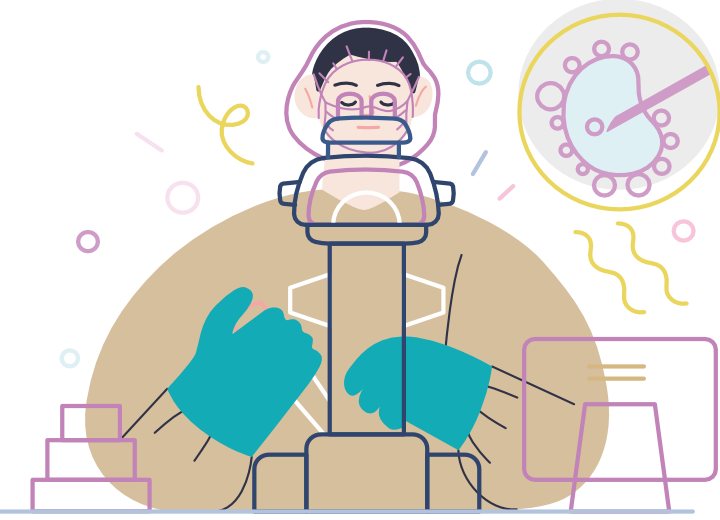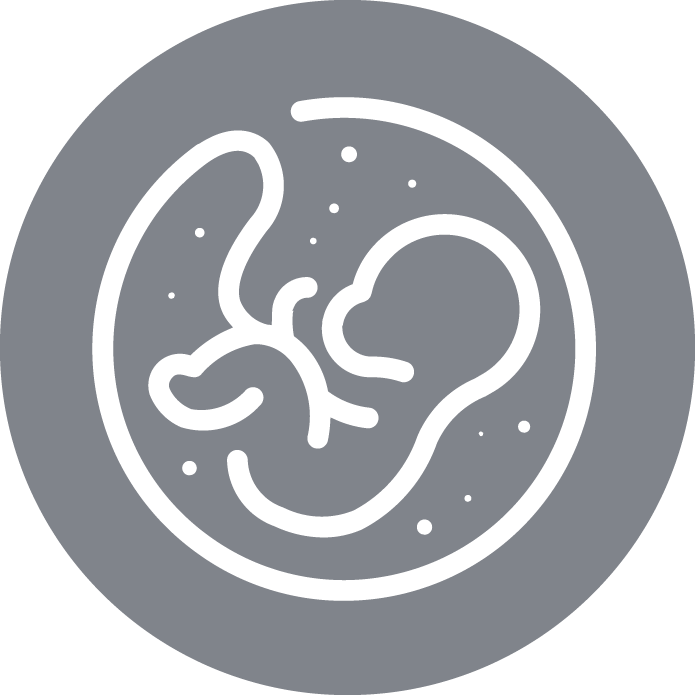
in Assisted
Reproduction

SEVERAL EDITIONS THROUGHOUT
2023

TARGET AUDIENCE:
Physicians and other Healthcare Professionals

These online courses are jointly accredited with Thomas Jefferson University Office of Continuing Profesional Development
AMA PRA Category 1 Credits™

SEVERAL EDITIONS THROUGHOUT
2023

TARGET AUDIENCE:
Physicians and other Healthcare Professionals

These online courses are jointly accredited with Thomas Jefferson University Office of Continuing Profesional Development
AMA PRA Category 1 Credits™

This educational program has been developed to help clinicians better diagnose and treat sterility.

SKILLS:
>To identify situations related to sterility/-infertility.
>To determine when it is necessary to order studies on patients and which tests are needed.
>To determine the cause of infertility and a diagnosis by analyzing information from a patient’s medical history and examinations.
>To understand when to utilize surgical interventions before ART.
This educational program has been developed to provide an in-depth overview of the latest updates in ART.

SKILLS:
>To identify the most appropriate ovarian stimulation or endometrial preparation regimen.
>To select the cases in which a more precise evaluation or selection of gametes or embryos is indicated.
>To maximize the chances of having a healthy live newborn.
>To understand the application of genetics in assisted reproduction.
>To prevent or treat ART side effects.
This education program is designed to offer a multidisciplinary approach to ART to maximize clinical outcomes in this field.

SKILLS:
>To detect circumstances where a multidisciplinary approach to ART would be prudent.
>To rely on expertise from disciplines adjacent to or outside of fertility medicine, such as genetics, cancer, immunology, and microbiology
>To successfully treat patients who have cancer, implantation failure, or persistent viral infections.
>To develop the diagnostic algorithm and determine the additional tests each patient requires in accordance with his or her underlying pathology and to personalize a therapy approach.
This educational program has been developed to help clinicians better diagnose and treat sterility.

SKILLS:
>To identify situations related to sterility/-infertility.
>To determine when it is necessary to order studies on patients and which tests are needed.
>To determine the cause of infertility and a diagnosis by analyzing information from a patient’s medical history and examinations.
>To understand when to utilize surgical interventions before ART.
This educational program has been developed to provide an in-depth overview of the latest updates in ART.

SKILLS:
>To identify the most appropriate ovarian stimulation or endometrial preparation regimen.
>To select the cases in which a more precise evaluation or selection of gametes or embryos is indicated.
>To maximize the chances of having a healthy live newborn.
>To understand the application of genetics in assisted reproduction.
>To prevent or treat ART side effects.
This education program is designed to offer a multidisciplinary approach to ART to maximize clinical outcomes in this field.

SKILLS:
>To detect circumstances where a multidisciplinary approach to ART would be prudent.
>To rely on expertise from disciplines adjacent to or outside of fertility medicine, such as genetics, cancer, immunology, and microbiology
>To successfully treat patients who have cancer, implantation failure, or persistent viral infections.
>To develop the diagnostic algorithm and determine the additional tests each patient requires in accordance with his or her underlying pathology and to personalize a therapy approach.





